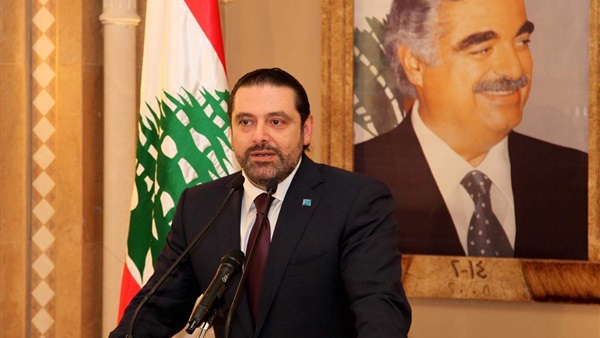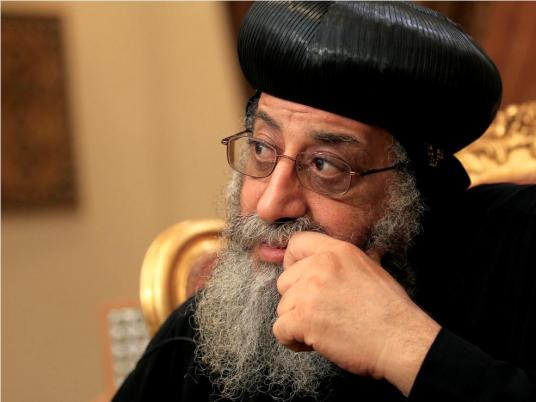
Lebanon’s Prime Minister Saad Hariri retracted his resignation on Wednesday as he celebrated Lebanon’s Independence day, saying, “[President Michel Aoun] hoped I could wait to submit it and keep it for more deliberation, so I agreed.”
In an emotional speech, he thanked the Lebanese people who “touched him with their true love,” and promised to “collaborate with his Excellency [President Aoun] to improve Lebanon, and protect it from wars and fires.”
Hariri’s arrival to Lebanon comes in the wake of Tuesday’s brief visit to Egypt where he met with the Egyptian President Abdel Fattah Sisi.The two leaders discussed the current internal political turmoil in Lebanon, statedthe spokesperson of Egyptian Presidency.
Hariri said that in his meeting with Sisi they discussed “distancing oneself from regional policies,” which could be understood as the distancing themselves from the ongoing cold war between Saudi Arabia and Iran.
After the discussion, Hariri expressed gratitude towards Sisi, “I thank President Sisi for hosting me in Egypt and for the dinner he held, where we had a long talk that focused on Lebanon’s stability.”
In a televised speech broadcast from Saudi Arabia on November 4, Hariri unexpectedly announced his resignation as Prime Minister of Lebanon.
Hariri explained he had resigned due to the interference of Iran and its ally, Hezbollah, in Lebanese affairs. Hezbollah is represented by two ministers in the current Lebanese government.
Hariri’s announcement plunged the already-divided Lebanon into further chaos, especially since Sunni, Shiia, and Christian Maronites share power in the Lebanese government.
The three sects have been at war with each other on several occasions in the past, most notably in the Lebanese Civil War from 1975-1990.
The country even has a law for power-sharing to avoid collapsing into another civil war: the law requires the president to be a Maronite Christian, the prime minister a Sunni Muslim, and speaker of parliament a Shi’a Muslim.
President Michel Aoun, refused Hariri’s resignation, believinghe may have been coerced into resigning by Saudi Arabia. Hariri, however, denies the claim.
Egypt’s Sisi and his French counterpart, Macron, reportedly sought to mediate the situation by providing a solution which doesn’t involve Hariri’s resignation.
Sisi is known to have forged strong ties with Saudi Arabia, however he does not always see eye to eye with the kingdom in some affairs, particularly in the cases of Syria and Yemen. These points of contention, however, do not create animosity between Egypt and Saudi Arabia.




